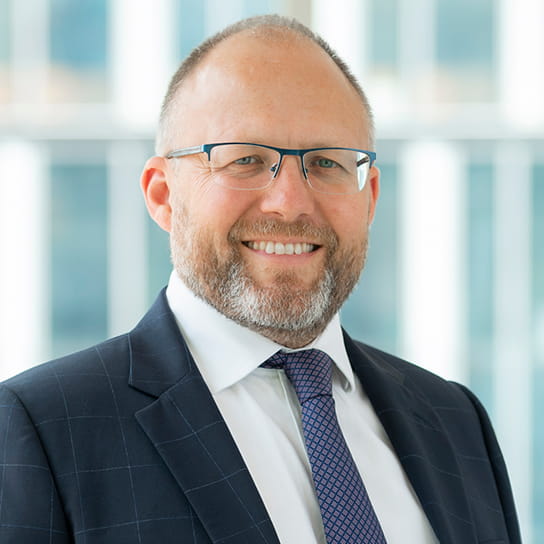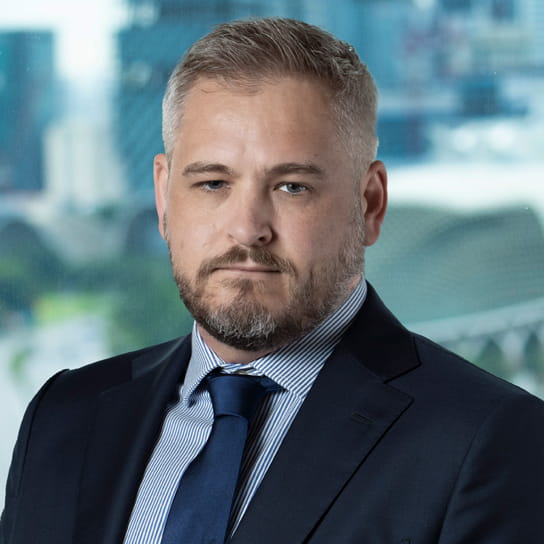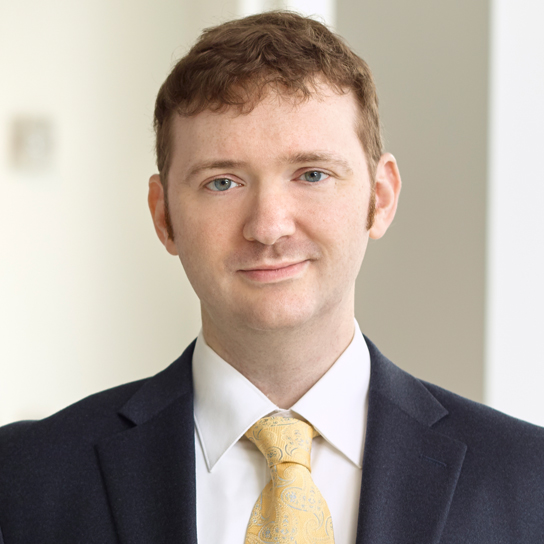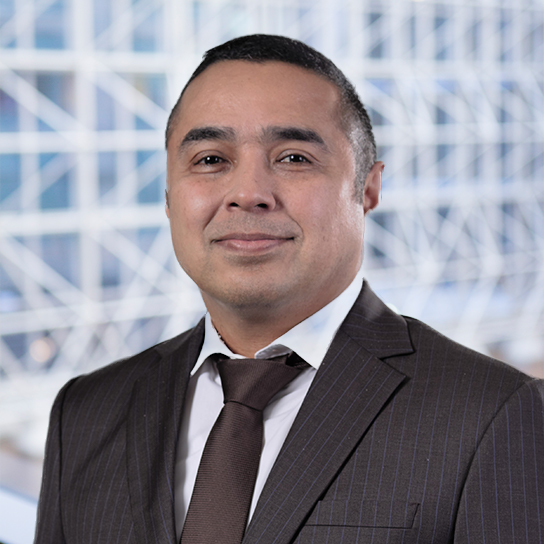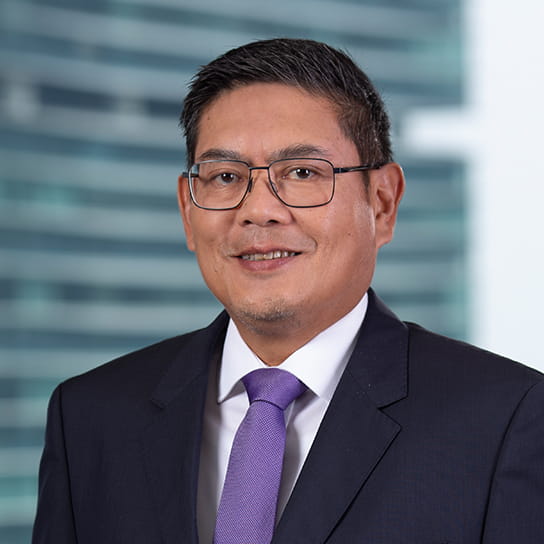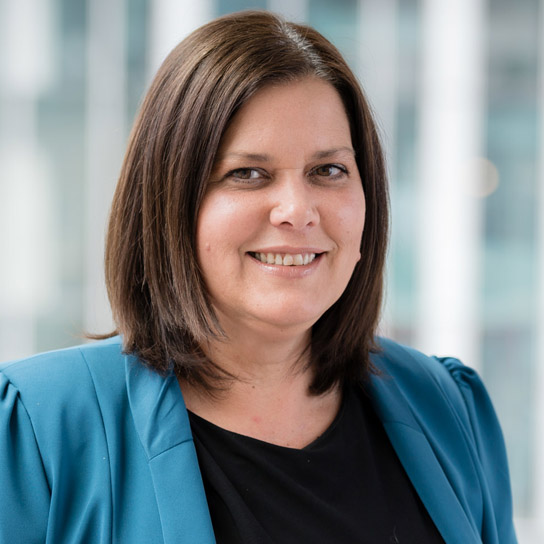
2024-2025 Global AI Trends Guide
 Search
Search


 Search
Search



The Australian government is setting up a AU$2 billion finance facility to help fund green energy transition and infrastructure development in Southeast Asia. The Southeast Asia Investment Financing Facility (SEAIFF) will provide loans, guarantees, equity and insurance for projects it is hoped will also boost Australian trade and investment. The initiative was announced by Prime Minister Anthony Albanese on 5 March 2024 at a CEO summit on the fringes of the ASEAN meeting in Melbourne.
The Australian government is to establish a AU$2 billion finance facility with the aim of stimulating green energy and infrastructure investment in Southeast Asia. The Southeast Asia Investment Financing Facility (SEAIFF) will be managed by Export Finance Australia, the federal government agency which supports the country’s export activities, and will provide loans, guarantees, equity and insurance, designed to promote and encourage Australian trade and investment in clean energy transition and infrastructure development projects in the region.
The initiative formed part of a recommendation by special envoy to Southeast Asia Nicholas Moore who lamented that import and export trade with ASEAN was both “underweight” and “stagnant”. It was announced by Prime Minister Anthony Albanese on the sidelines of the ASEAN meeting in Melbourne on 5 March 2024.
Prime Minister Albanese said that Australia’s two-way investment with ASEAN was worth AU$307 billion in 2022 and that two-way trade with ASEAN accounted for AU$178 billion, accounting for 15 per cent of Australia’s trade, a figure which he said was greater than Australia’s trade with Japan or the United States.
As well as the SEAIFF investment, the Prime Minister also highlighted:
The Prime Minister was reported as saying that “acting on climate change is an environmental necessity for our region – it is also a transformative economic opportunity”.
The Australian government estimates that Southeast Asia will need an additional 454 gigawatts of generation capacity between now and 2050 and that the transition would employ more than 5 million people.
Mr Moore told the summit that the demand for green project engineering design, construction and advisory services would be valued at over AU$20 billion a year by 2030. Mr Moore is also said to be looking into ways of simplifying the foreign investment review process and to investigate the feasibility of introducing “political risk insurance”.
With offices in Sydney, Singapore, Jakarta, Ho Chi Minh City and Hanoi, Hogan Lovells is a natural choice for businesses looking to take advantage of this initiative.
Authored by Bryan Paisley, Lisa Mazor, and Nigel Sharman.
